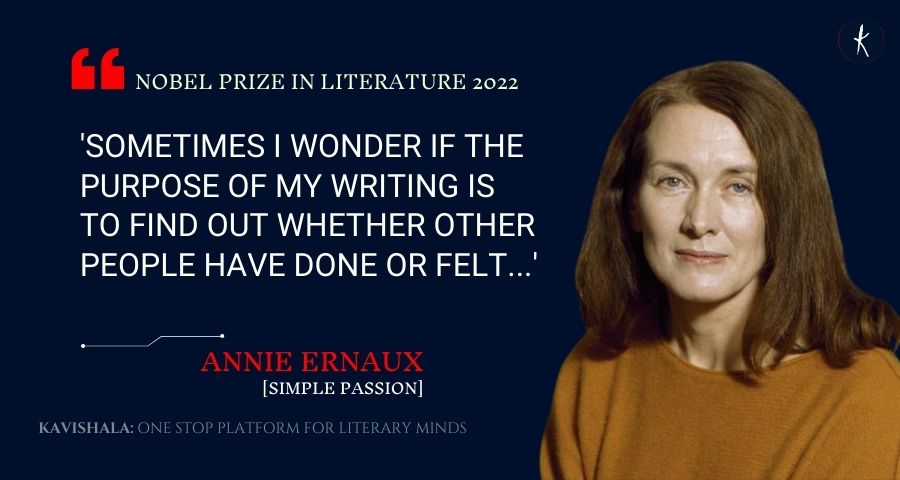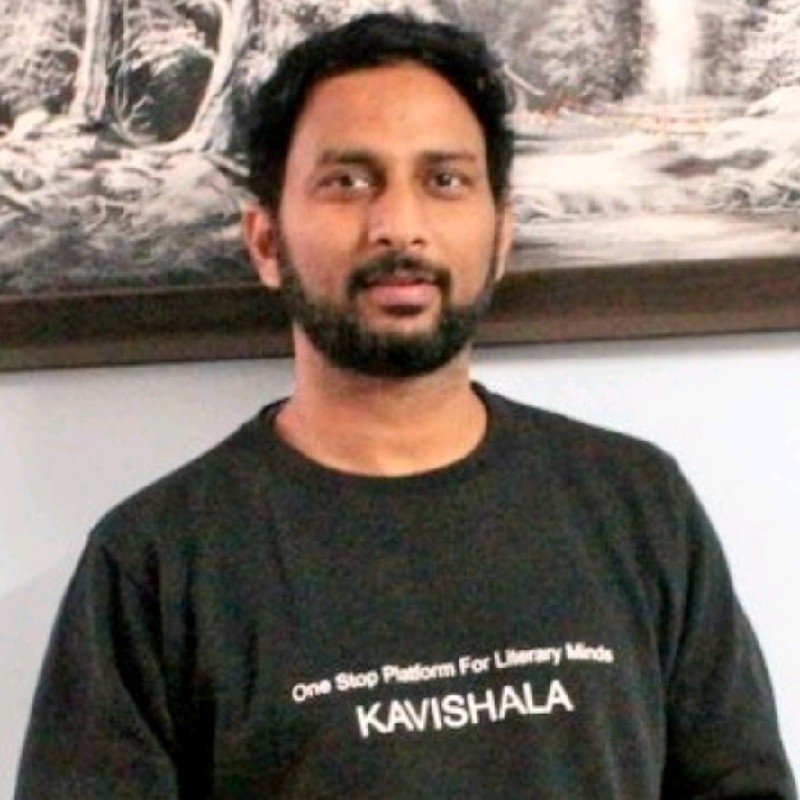
Annie Ernaux, bearing witness to women’s experiences and memory
 October 7, 2022
October 7, 20222022: The Nobel Prize for Literature has gone to French author Annie Ernaux, for, according to the Swedish Academy, “the courage and clinical acuity with which she uncovers the roots, estrangements and collective restraints of personal memory”. Annie Ernaux's Opening lines from books by the 2022 Nobel Prize winner for literature. The 82-year-old French writer’s literary work draws on her own life and presents searing truths in unadorned language. Annie Ernaux, among other themes, has explored how shame is built into the female consciousness, and how women censor and judge themselves even in personal spaces such as a diary.
“Naturally I feel no shame in writing these things because of the time which separates the moment when they are written--when only I can see them--from the moment when they will be read by other people, a moment which I feel will never come. By then I could have had an accident or died; a war or a revolution could have broken out. This delay makes it possible for me to write today, in the same way I used to lie in the scorching sun for a whole day at sixteen, or make love wihout contraceptives at twenty: without thinking about the consequences”
[Simple Passion]
_____
“Sometimes I wonder if the purpose of my writing is to find out whether other people have done or felt the same things or, if not, for them to consider experiencing such things as normal. Maybe I would also like them to live out these very emotions in turn, forgetting that they had once read about them somewhere.”
[Simple Passion]
“To grow old is to fade, to become transparent.”
Annie Ernaux
About Annie Ernaux From her Official Website
Since the publication of her first book, Cleaned Out, in 1974, Annie Ernaux’s writing has continued to explore not only her own life experience but also that of her generation, her parents, women, anonymous others encountered in public space, the forgotten. The main themes threaded through her work over more than four decades, are: the body and sexuality; intimate relationships; social inequality and the experience of changing class through education; time and memory; and the overarching question of how to write these life experiences. In Ernaux’s work the most personal, the most intimate experiences – whether of grieving, classed shame, nascent sexuality, passion, illegal abortion, illness, or the perception of time – are always understood as shared by others, and reflective of the social, political and cultural context in which they occur.
Having published three autobiographical novels (Cleaned Out, What they say goes and The Frozen Woman), Ernaux turned away from fiction with the publication of A Man’s Place. In this process she has invented narrative forms that constitute new directions in life writing: autosociobiographical texts, such as A Man’s Place, A Woman’s Story and Shame explore her own life and that of her parents, but also the social milieu in which those lives evolved, while the collective autobiography, The Years, covers the social and cultural history of France since her birth in 1940 to 2007. Ernaux has also publis
No posts
No posts
No posts
No posts
Comments